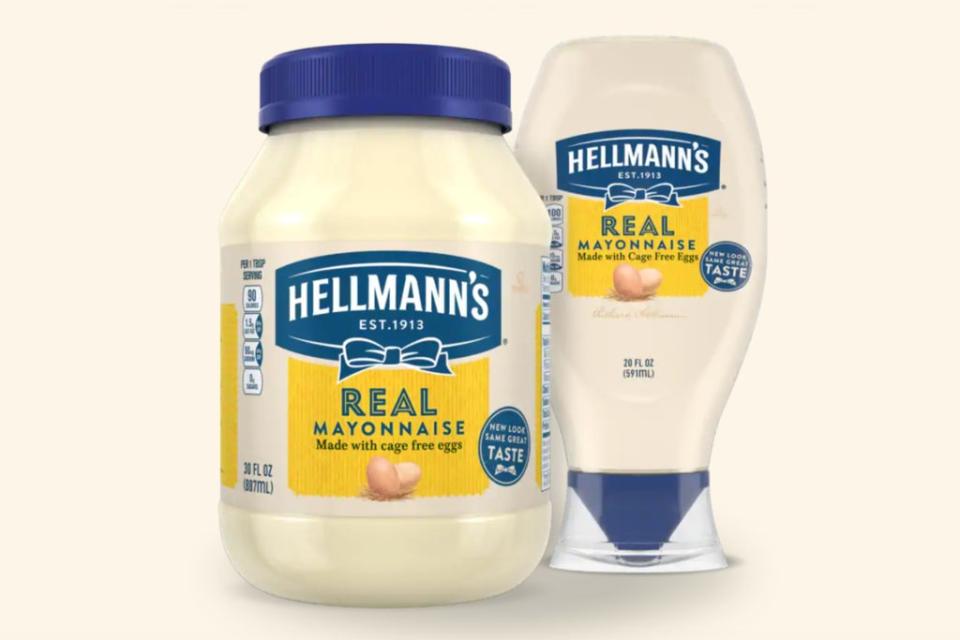OPINION - City comment: Fundsmith’s Terry Smith is right on Unilever — sometimes mayonnaise is just mayonnaise

Terry Smith isn’t mincing his words.
The stock picker, a favourite of retail investors, says in his latest annual letter that Unilever has “lost the plot” — tying itself in knots with efforts to “define the purpose of Hellmann’s mayonnaise”.
Smith’s view will be a shock to the new consensus in the City: that all businesses must now serve a higher purpose beyond just making a buck.
The astonishing rise of ESG — environmental, social and governance — concerns among the investor class, combined with a global wave of executive soul searching that began in the US in the wake of Trump, has left many chief executives wandering the desert looking for the meaning of life.
It is right for companies to try and limit their impact on the planet. Businesses should do right by their employees and set boardroom standards that are higher than Downing Street. Giving to charity and helping out where they can is to be commended.
But to have an ice cream brand take a stand on the Isreal-Palenstine issue — as Unilever’s Ben & Jerry’s did — is farcical. If anything, it cheapens the issue.
The current vogue for ESG tends to create po-faced zealots who much prefer to sit in judgement than roll up their sleeves and do something useful. Some chief executives privately complain — for publicly doing so would be heresy — that the absolutist positions of the pious brigade ignore the messy realities of life and doing business. Sometimes compromises have to be made. Even the Pope has this week spoken out against “cancel culture”.
The rise of ESG is a welcome corrective to the decades of rapacious capitalism that went before it. But, as Smith rightly points out, it can go too far. A balance must be struck between running a business and saving the world. Sometimes mayonnaise is just mayonnaise.

 Yahoo Finance
Yahoo Finance 